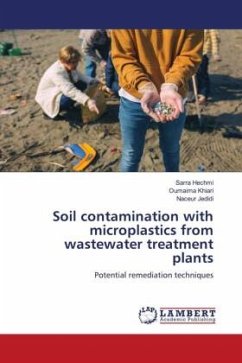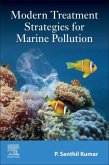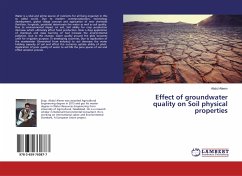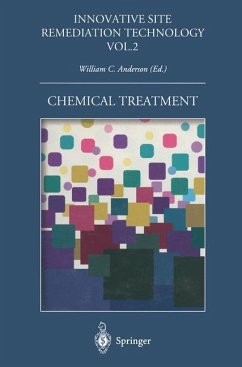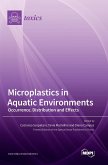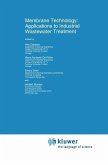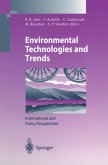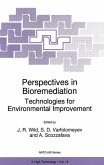Microplastics (MP) have caused severe environmental pollution due to their exponential increase in production and their wide utilization. The occurrence and effects of MP in agricultural soils have attracted particular interest. The reuse of treated wastewater and sewage sludge in agricultural lands is one of the most important input paths of plastic fragments to soil, affecting soil health, food security, and human health. It is therefore, necessary to identify the possible treatments of wastewater and their efficiency before reusing it for agricultural purposes. The knowledge of soil remediation techniques is also fundamental in case of its contamination by these emerging pollutants. In this paper, we reviewed all the data regarding the contribution of reclaimed wastewater and sewage sludge to soil contamination with microplastics. The technologies that are currently used for water and sludge treatments were outlined. Soil remediation techniques including biodegradation and phytoremediation, and the factors affecting plastic biodegradation were also highlighted. Finally, we suggest several recommendations and alternative practices to reduce plastics in the environment.

